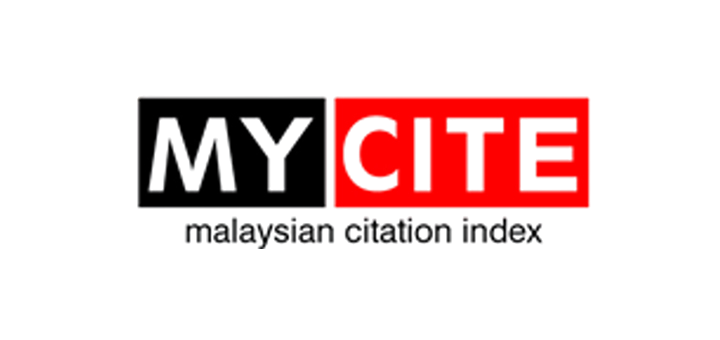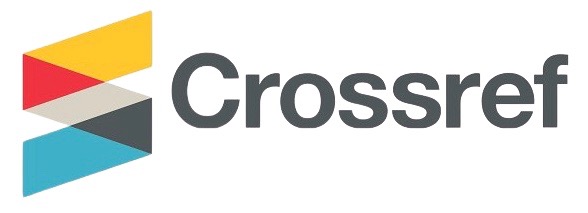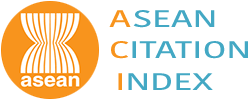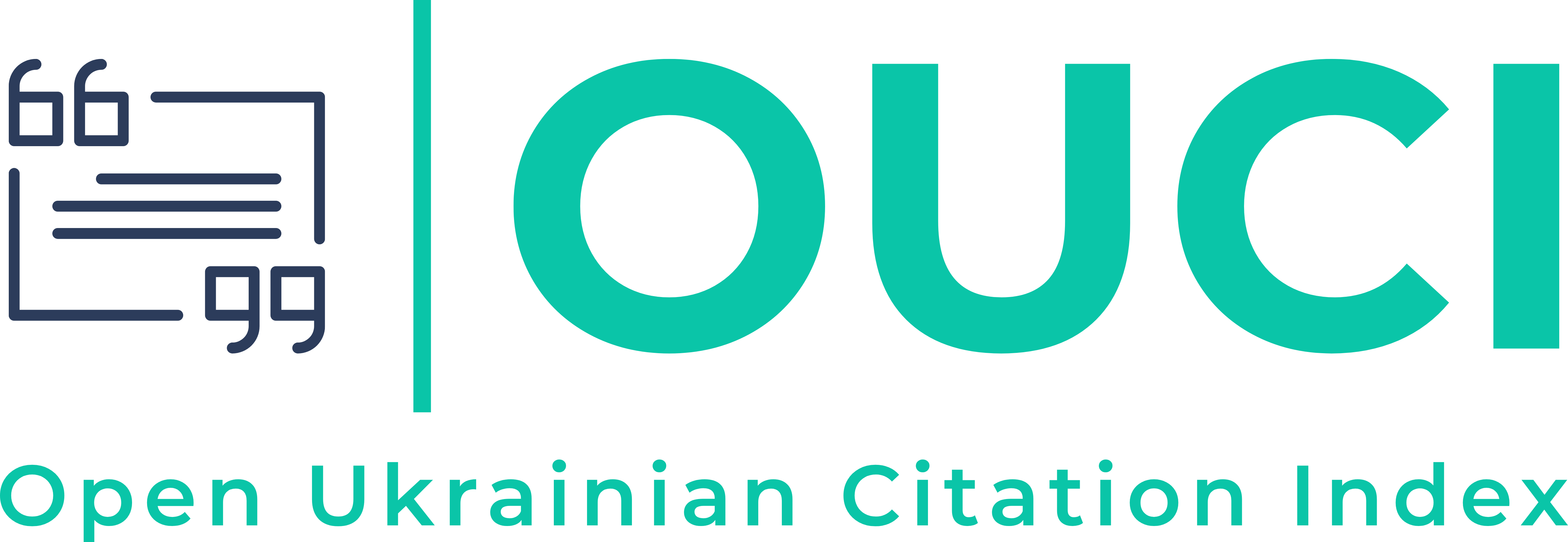Strategic Corporate Social Responsibility Management in Shaping a Resilient and Sustainable Future Post-Pandemic
Abstract
In early 2020, COVID-19 significantly disrupted global social, political, economic, and environmental life. In this context, businesses were required to broaden their corporate social responsibility (CSR) initiatives to adapt to an evolving and dynamic landscape. This paper highlights the importance and impact of CSR strategies in addressing the challenges posed by the pandemic. A qualitative approach was employed, combining manual content analysis of 25 Malaysian companies listed on the Kuala Lumpur Stock Exchange (KLSE), which are known for their strong CSR practices, with semi-structured interviews conducted with 15 senior managers. Findings reveal that companies adopting proactive CSR strategies were better able to sustain stakeholder trust, protect employee and community well-being, and align immediate crisis responses with long-term sustainability goals. The findings emphasize that strategically managed CSR not only supported business continuity during the pandemic but also strengthened organizational resilience. The study highlights CSR as a vital pathway for shaping a more sustainable and resilient future following the pandemic.
Downloads
References
Aguinis, H., Villamor, I., & Gabriel, K. P. (2020). Understanding employee responses to COVID-19: a behavioral corporate social responsibility perspective. Management Research: Journal of the Iberoamerican Academy of Management, 18(4), 421-438. https://doi.org/10.1108/MRJIAM-06-2020-1053.
Al Frijat, Y. S., Albawwat, I. E., & Elamer, A. A. (2024). Exploring the mediating role of corporate social responsibility in the connection between board competence and corporate financial performance amidst global uncertainties. Corporate Social Responsibility and Environmental Management, 31(2), 1079-1095.
Asante Antwi, H., Zhou, L., Xu, X., & Mustafa, T. (2021). Beyond COVID-19 pandemic: an integrative review of global health crisis influencing the evolution and practice of corporate social responsibility. Healthcare, 9(4), 453.
Aziz, N. A., Othman, J., Lugova, H., & Suleiman, A. (2020). Malaysia's approach in handling COVID-19 onslaught: Report on the Movement Control Order (MCO) and targeted screening to reduce community infection rate and impact on public health and economy. Journal of infection and public health, 13(12), 1823-1829. https://doi.org/10.1016/j.jiph.2020.08.007
Bapuji, H., Patel, C., Ertug, G., & Allen, D. G. (2020). Corona crisis and inequality: Why management research needs a societal turn. Journal of Management, 46(7), 1205-1222. https://doi.org/10.1177/0149206320925881.
Crane, A., & Matten, D. (2021). COVID‐19 and the future of CSR research. Journal of Management Studies, 58(1), 280.
Deselaers, C., Dahmen, A., & Lippke, S. (2023). Impact of the COVID-19 Pandemic on CSR Activities of Healthcare Providers. International Journal of Environmental Research and Public Health, 20(1), 368. https://doi.org/10.3390/ijerph20010368
Ding, W., Levine, R., Lin, C., & Xie, W. (2021). Corporate immunity to the COVID-19 pandemic. Journal of Financial Economics, 141(2), 802-830.
Dupont, C., Oberthür, S., & Von Homeyer, I. (2020). The Covid-19 crisis: a critical juncture for EU climate policy development? Journal of European Integration, 42(8), 1095-1110. https://doi.org/10.1080/07036337.2020.1853117.
García-Sánchez, I. M., & García-Sánchez, A. (2020). Corporate social responsibility during COVID-19 pandemic. Journal of Open Innovation: Technology, Market, and Complexity, 6(4), 126. https://doi.org/10.3390/joitmc6040126
García-Sánchez, I. M., & García-Meca, E. (2020). Do able bank managers Exhibit specific attributes? An empirical analysis of their investment efficiency. Administrative Sciences, 10(3), 44. https://doi.org/10.3390/admsci10030044
GMO Research. (2021). Has Covid-19 Impacted Corporate Social Responsibility in Asia? https://gmo-research.com/news-events/articles/has-covid-19-impacted-corporate-social-responsibilities
Gravey, V., & Jordan, A. J. (2020). Policy dismantling at EU level: Reaching the limits of ‘an ever‐closer ecological union’? Public Administration, 98(2), 349-362. https://doi.org/10.1111/padm.12605
He, H., & Harris, L. (2020). The impact of Covid-19 pandemic on corporate social responsibility and marketing philosophy. Journal of business research, 116, 176-182. https://doi.org/10.1016/j.jbusres.2020.05.030
Hobfoll, S. E. (1989). Conservation of resources: A new attempt at conceptualizing stress. American psychologist, 44(3), 513. https://doi.org/10.1037/0003-066X.44.3.513
Ibrahim, M. M., El Frargy, M. M., & Hussainey, K. (2021). The impact of corporate social responsibility as a marketing investment on firms’ performance: A risk-oriented approach. Journal of Risk and Financial Management, 14(11), 515.
Jose, A., & Lee, S. M. (2007). Environmental reporting of global corporations: A content analysis based on website disclosures. Journal of business ethics, 72(4), 307-321. https://doi.org/10.1007/s10551-006-9172-8
Kapla, S. (2020). Why Social Responsibility Produces More Resilient Organizations: Companies have more staying power when management decisions consider a diverse range of interests. MITSloan Manag. Rev, 62, 85-90.
Kong, Y., Antwi‐Adjei, A., & Bawuah, J. (2020). A systematic review of the business case for corporate social responsibility and firm performance. Corporate Social Responsibility and Environmental Management, 27(2), 444-454.
Mahmud, A., Ding, D., & Hasan, M. M. (2021). Corporate social responsibility: Business responses to coronavirus (COVID-19) pandemic. SAGE open, 11(1). doi: 10.1177/2158244020988710.
Mao, Y., He, J., Morrison, A. M., & Andres Coca-Stefaniak, J. (2021). Effects of tourism CSR on employee psychological capital in the COVID-19 crisis: from the perspective of conservation of resources theory. Current Issues in Tourism, 24(19), 2716-2734. https://doi.org/10.1080/13683500.2020.1770706
Mariotti, S. (2024). “Win-lose” globalization and the weaponization of economic policies by nation-states. Critical perspectives on international business, 20(5), 638-659.
Meirun, T., Lockey, S., Blenkinsopp, J., Yueyong, H., & Ling, L. (2022). The impact of COVID-19 pandemic on corporate social responsibility and job embeddedness in China. Frontiers in Psychology, 13.
Oehmke, M., & Opp, M. M. (2024). A theory of socially responsible investment. Review of Economic Studies, rdae048.
Panagiotopoulos, I. (2021). Novel CSR & novel coronavirus: corporate social responsibility inside the frame of coronavirus pandemic in Greece. International Journal of Corporate Social Responsibility, 6, 1-12. https://doi.org/10.1186/s40991-021-00065-7
Park, J., & Chung, E. (2021). Learning from past pandemic governance: Early response and Public-Private Partnerships in testing of COVID-19 in South Korea. World Development, 137, https://doi.org/10.1016/j.worlddev.2020.105198
Pillay, R., & Scheepers, C. B. (2020). Nestlé South Africa: leading multi-stakeholder partnership response in the COVID-19 context. Emerald Emerging Markets Case Studies, 10(3), 1-18. https://doi.org/10.1108/EEMCS-05-2020-0167
Rajyaguru, N. D., & Baser, N. (2024). Impact investing resurgence amid COVID-19 pandemic: a way for sustainable development. World Review of Entrepreneurship, Management and Sustainable Development, 20(3), 309-322
Ramya, S. M., & Baral, R. (2021). “Mind” matters! A conceptual framework using mental models and green nudging to drive corporate environmental responsibility. Management Decision, 59(4), 719-731. https://doi.org/10.1108/MD-01-2019-0061
Rahman, A. A., Jasmin, A. F., & Schmillen, A. (2022). The Vulnerability of Jobs to Mobility Restrictions. Journal of Southeast Asian Economies, 39(3), 313-329.
Sharief, E. (2024). Leadership Styles and Organizational Resilience in Times of Crisis in Sudan. American Journal of Leadership and Governance, 9(2), 26-37.
Slawinski, N., & Bansal, P. (2015). Short on time: Intertemporal tensions in business sustainability. Organization Science, 26(2), 531-549.https://doi.org/10.1287/orsc.2014.0960
Szymborska, H. (2024). Fiscal Policy after the COVID-19 Pandemic: Step Change or Status Quo? International Journal of Political Economy, 53(3), 272-284.

















